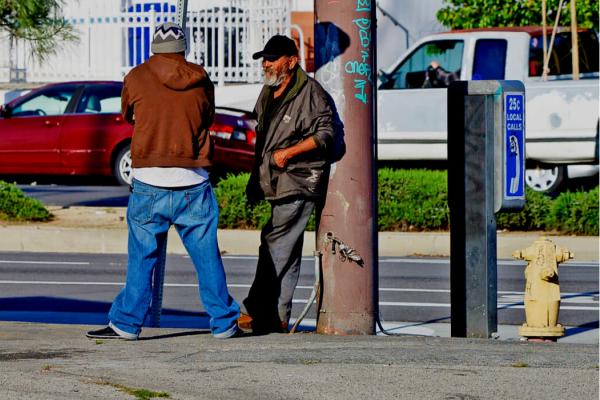WITH LABOR DAY approaching and November elections weighing down on us, it is a good time to reflect on the economic predicament of the working majority—those of us who work for a living to support our families. But if both voters and candidates do not clearly understand how the current economic situation impacts them, who benefits, and what alternatives are possible, then voting will not create much change.
Every day it becomes clearer that our current political-economic system, called neoliberal capitalism, enriches the wealthiest few while the proverbial “99 percent” struggles with four decades of stagnant wages, never-shrinking college and credit card debt, a scarcity of affordable housing and accessible public transportation, a lack of comprehensive health care, unpredictable, on-demand work schedules, failing and systematically defunded public education and infrastructure systems, and the exclusion of large sections of the population through incarceration, racism, impoverishment, illness, disability, and inadequate education.
We need serious discussions in our churches, communities, workplaces, and union halls about the U.S. economy. Is the system working for us? Does it have to be this way?
Read the Full Article

